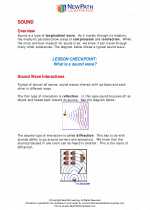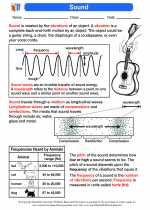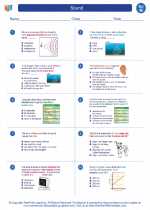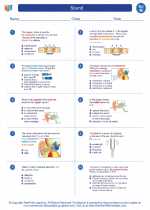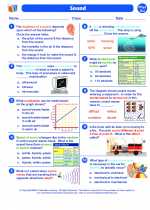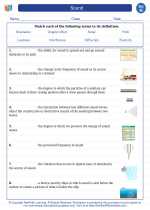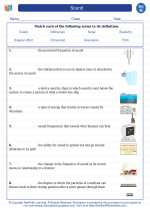Sound -> groundwater
Groundwater
Groundwater is the water that is found beneath the Earth's surface in the spaces between soil particles and in the cracks and crevices of rocks. It is a crucial natural resource that provides water for drinking, irrigation, and industrial uses. Understanding the properties and behavior of groundwater is important for managing and protecting this vital resource.
Key Concepts
- Formation of Groundwater: Groundwater is formed from precipitation that seeps into the ground. It accumulates in the saturated zone, which is the area beneath the water table where all the pore spaces are filled with water.
- Properties of Groundwater: Groundwater moves slowly through the ground, following the natural slope of the land. It can dissolve minerals from the rocks and soil through which it passes, affecting its chemical composition.
- Importance of Groundwater: Groundwater serves as a source of water for wells and springs, and it helps to sustain streams, rivers, and wetlands during dry periods. It also plays a role in shaping the landscape through processes such as erosion and deposition.
- Groundwater Pollution: Human activities such as industrial operations, agriculture, and improper disposal of waste can contaminate groundwater with pollutants. Understanding the sources and impacts of groundwater pollution is crucial for protecting water quality.
- Groundwater Management: Effective management of groundwater resources involves monitoring water levels, controlling withdrawals, and implementing strategies to prevent overuse and depletion of aquifers.
Study Guide
When studying groundwater, consider the following key points:
- Describe the process of groundwater formation and its relationship to the water table.
- Compare and contrast the movement of groundwater with surface water, and explain how groundwater contributes to the hydrologic cycle.
- Discuss the factors that influence the quality of groundwater and the potential sources of contamination.
- Examine the role of groundwater in supporting ecosystems and human activities, and analyze the potential consequences of overexploitation.
- Evaluate the measures and technologies used for managing and protecting groundwater resources.
By mastering these concepts and study guide points, you will develop a comprehensive understanding of groundwater and its significance in the natural environment and human society.
.